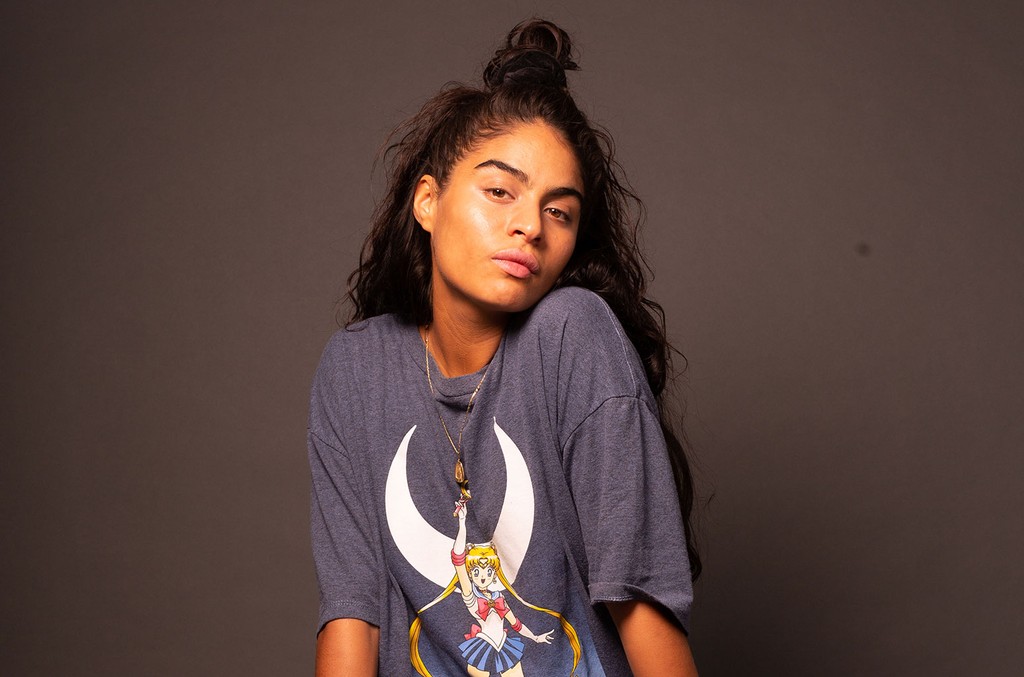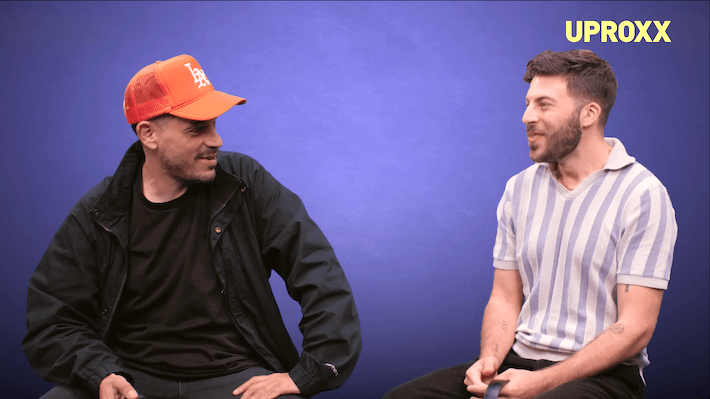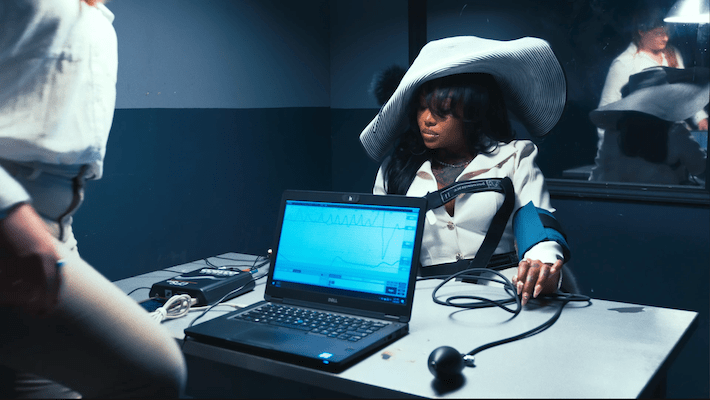Jessie Reyez has been very vocal on social media, using her platform to raise awareness and educate her nearly two million Instagram followers on the ongoing social injustices around the world. “If you support my music and you support my selfies, I need your help now,” she expressed. “If you can’t protest, post, donate, or reach out with love.”
The Colombian-Canadian singer, known for hits such as “Figures,” “Hard To Love,” and most recently “Coffin,” has joined the worldwide protests and marched the Toronto streets in response to the recent death of George Floyd and other black citizens who have died in the hands of police.
“Maybe this generation can be the one to change things fundamentally, so in 10 years our kids won’t have to carry the burden of a society built on inequality,” she further elaborated on Instagram.
As part of Billboard’s “Why I Protest” series, Jessie Reyez shares why it matters, more than ever, to stand in solidarity with the black community and encourages other Latinos to join the fight for justice.
Which protest did you take a part of?
I took part in Toronto’s protest for Black lives Matter and Justice for Regis.
Describe your experience at the demonstration.
I cried more than once. It’s a difficult thing to describe. To feel both heavy-hearted but strong at the same time. To see people crying around you, some yelling, some more angry than sad, some with masks on aware of the current threat and some with masks off in order to be able to be heard more clearly by the onlooking neighbors who may just be apathetic or who may be one cry away from being motivated to join the march.
I felt strong in numbers, I loved seeing beautiful black people come together, I loved seeing the diversity of Toronto exemplified in the crowd, I loved seeing people hand out masks and sanitizers. I loved seeing my peers there. This isn’t the solution — is by no means alleviates the systemic racism and police brutality that the black community is dealing with — but the walk definitely provided a window to the unity we have as a people and the dedication we have to see long-overdue change.
What does it mean to you as a Latinx artist to be involved in the BLM protests?
A lot of Latinx people have African blood; my grandfather was Black, I have family members that are Afro-Latinos, so this is also personal for me; however, I could be yellow and pink with not a drop of black lineage but it wouldn’t matter because it’s a matter of injustice, it’s a matter of being tired of inequality and it’s a matter of human rights, and right now we have to fight for those that have been the most hurt by the system.
There’s colorism in the Hispanic community as well, and I think that it’s important to acknowledge that because although we as a Latinx community have also faced adversity and racism, it’s something that we need to eradicate internally as well — not just externally.
How do you encourage the Latino community to support the Black community?
I am myself. I am true to my beliefs. I am a visible Latina and I show love to the Black revolution openly. I think one of the best things someone can do if they want to see the world change is led by example — so that’s what I try to do.


